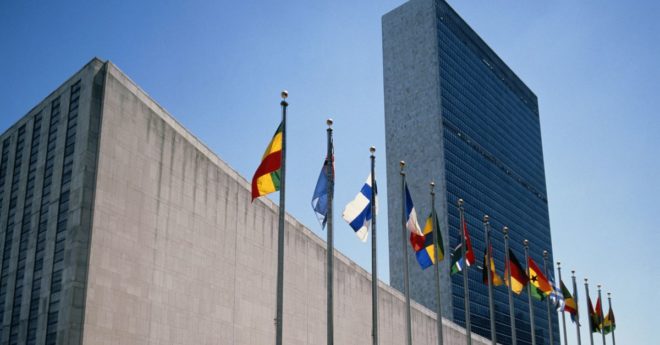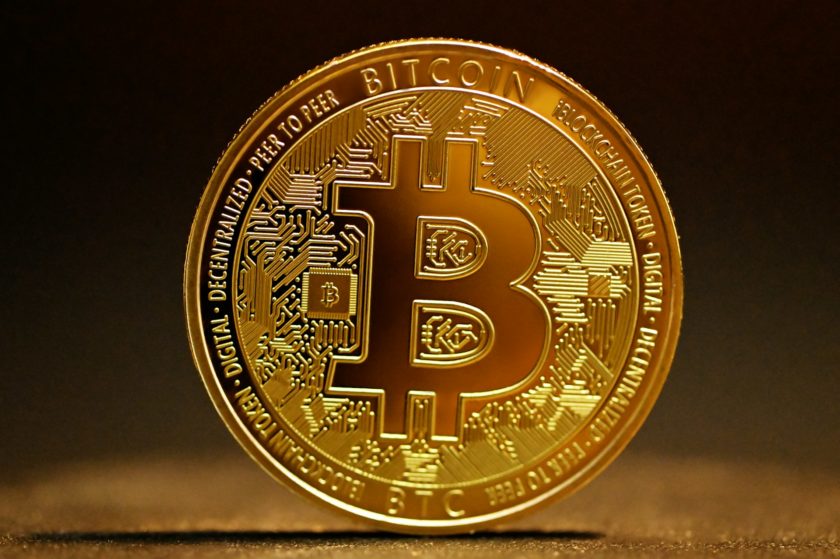Article 93 of the draft treaty would require all nations that sign the treaty to implement onerous financial surveillance laws for cryptocurrency. Those financial surveillance laws would apply to any organization “engaged in activities related to the circulation of digital financial assets and digital currency,” even if they are nothing like a traditional financial institution. Like the dangerously broad Digital Asset Anti-Money Laundering Act introduced in the U.S. Senate, this incredibly broad language could be interpreted to include software developers, custodial and self-hosted wallet providers, miners, validators, nodes, non-fungible token non-fungible token (NFT) trading platforms and even users.
UN Cybercrime Treaty Could Lead to Sweeping Surveillance of Crypto Worldwide



